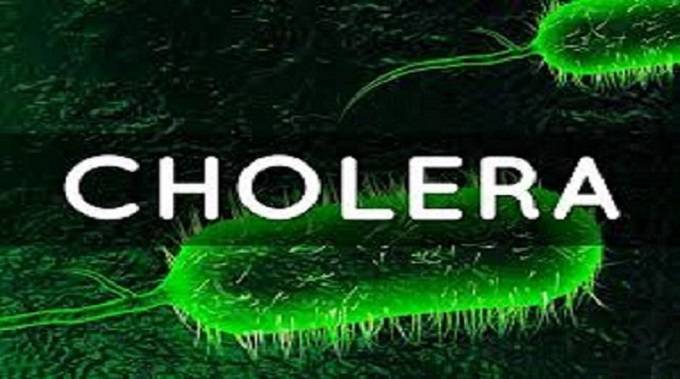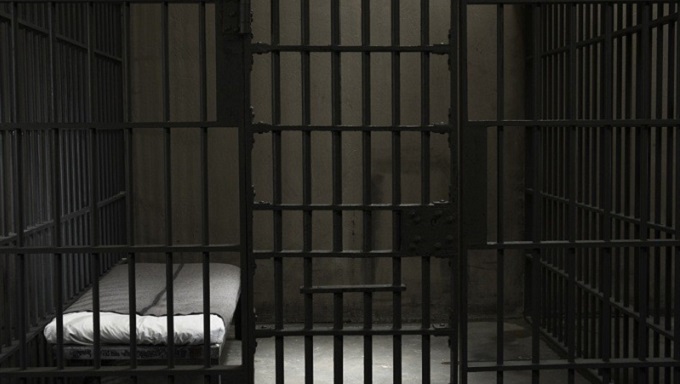Prevention key in fighting cholera

Andile Tshuma on Health
With the Ministry of Health and Child Care reporting that the cholera outbreak has been contained as the number of cases is declining, a sigh of relief and a smile of victory comes to the faces of many Zimbabweans.
One reader sent a message during the week lamenting how pupils at her school here in Bulawayo were all made to wash hands in a bucket that’s not emptied all day. Yes, over 1 000 pupils, one bucket, same water, all day. That’s just unthinkable. However, we hope that coverage of cholera and other water-borne diseases by our health desk may have reached out and sent a clear cut message on hygiene.
This week, we talk about how we can all contribute to a cholera free city using simple prevention methods.
With over 30 lives having been lost due to this epidemic so far, and over 4 000 lives lost in possibly the worst ever cholera outbreak in the history of the country in 2008, Zimbabweans should be reminded that prevention is the best weapon in the fight against the disease.
It may seem mean or cruel but the truth of the matter is that cholera thrives on filth. Yes, cholera is synonymous with dirty, filthy and unhygienic conditions.
In as much as individuals can only do so much and may not be able to change their locations, the best can be made of what is available. A little effort goes a long way in ensuring our safety and as well as the wellbeing of the loved ones around us.
With Global Hand washing day being celebrated next month, Zimbabweans should take time to revise their habits and manners as far as health is concerned.
Just in town the other day I saw some very smartly dressed ladies buying wild fruits I so love, umbumbulu/mukaurura (red milk wood) and just eating it without washing it first, yet all bill boards around us are screaming statistics on the cholera death toll and new infections. I saw another young man buying an apple and eating it right away after the vendor sprinkled it with a bit of water, note – I say “sprinkled it”, it wasn’t even washed. I’m not even sure of the water source. We should be more careful with the food we eat raw, especially fruit and vegetables.
A lot of scrutiny should also be on the selection of food outlets where we purchase our ready to eat food.
I’m not going to start a name and shame session but some places are so dingy you often wonder how they actually get licensed to sell cooked food. At least they are licensed; however just observe as you wait for your order, how they handle food, how are the hygiene standards, if you are happy great but if you are not happy with their handling of food, I suggest you move or even better, start carrying a homemade lunch.
Try by all means to buy food from licensed restaurants or food courts. Be wary of the back yard dollar deals that sell food at low prices. Chances of food poisoning and contamination are high because some of these places don’t usually have running water. In as much as we may be cash strapped sometimes and these cheaper food deals seem to be an answer, it is imperative to think about the possible dire consequences of consuming food that will potentially make us sick.
If you follow news across various local media outlets, you may have come across articles on some individuals being arrested after having being found selling dog meat as goat meat or beef. I see nothing wrong with walking into a restaurant and ordering dog meat if you like exploring different cuisines, but I find it disgusting for someone to sell one thing and misrepresent it as another. After some members of the dog meat selling syndicate were arrested, some continued going to the SPCA dumpsite and continued to skin the carcasses and sell them to some backyard pap kitchens at low prices. And yes, we would probably flock there because it’s cheaper.
A major source of waterborne diseases or sickness is contaminated water. The Bulawayo City Council assures us that council treated water is safe.
However, we need to ensure that when we use containers for storing our water during water shedding, they are clean. If we’re to store water for over 48 hours, it’s wise to treat the water with aqua tabs or water guard to ensure that it is still safe.
Municipal water in Harare was condemned and deemed unfit for drinking so it would be wise to boil the water and treat it before use. If possible, buying purified water for drinking purposes is ideal for places with unsafe drinking water or drinking water from uncontaminated boreholes that would have been certified safe for drinking.
People must be in the habit of washing hands after toilet use or after handling any contaminated places. Door handles, car seats and our phones are some of the dirtiest things and it’s wise to always ensure that before we handle food, we sanitise our hands first.
If you’re travelling, consider keeping some wet wipes and hand sanitiser in your bag. Some actually recommend use of methylated spirits if you need to handle food without any place where you can wash your hands under running water.
Washing fruits and vegetables thoroughly before consumption is important and don’t be in the habit of using the water that the vendor provides because you’re not certain of the water source. The water may be clean and it’s a good gesture by the vendor to offer water to wash your apple, but you’re not sure of the water source so it’s better to be safe than sorry. Don’t take chances.
Hand washing is one of the key methods for preventing cholera and many other illnesses. Reinforcing good hand washing practices is especially significant and just can’t be over emphasised.
Open defecation is one of the other ways which can cause rapid spread of disease so if there’s no toilet especially in our rural homes, encouraging family members to bury their stool is especially important.
Till we meet next week, keep clean and remember cleanliness is next to Godliness and prevention is definitely better than cure!
For feedback, views and comments to make your Saturday health read better, send a message to 0778502449, email [email protected] or catch up with me on Twitter handle @andile_tshuma.











Comments